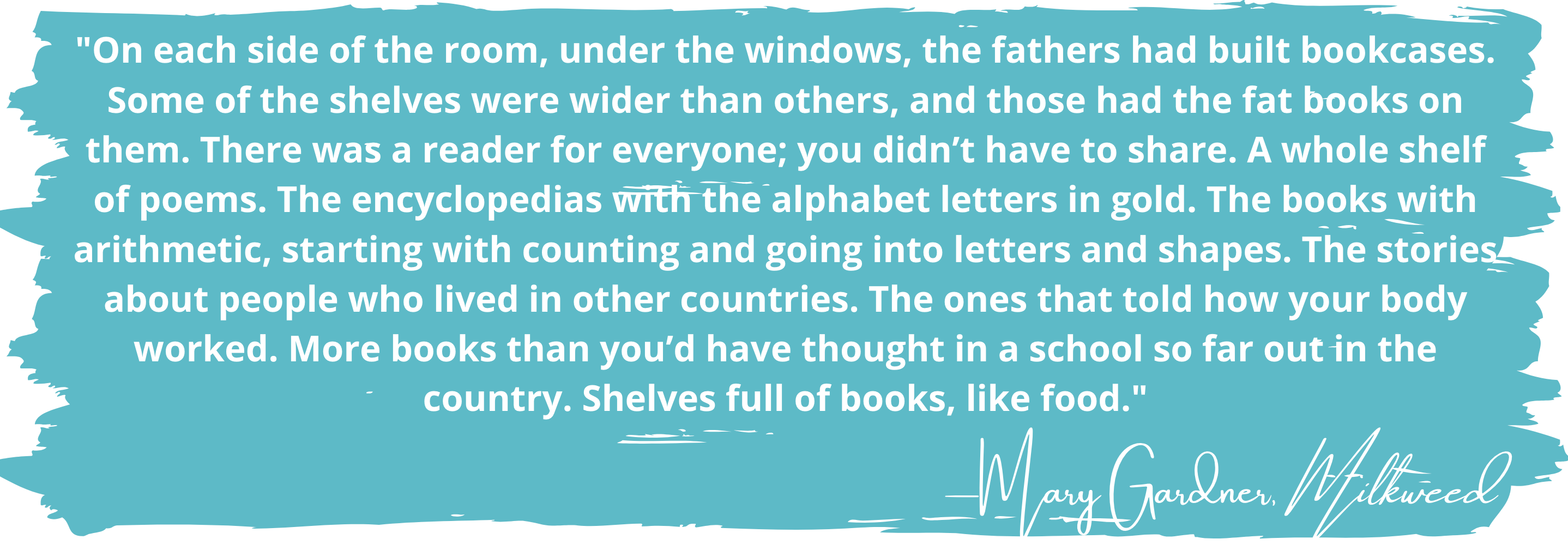Remembering Mary Gardner

The first time I took Mary Gardner’s novel workshop at the Loft was in 2005. I had dropped out half way through an MFA program a few years earlier and was wondering if I was done pursuing my dream of being an author. I had only written short stories to that point and was intimidated just by the thought of writing a novel. I started with the kernel of an idea (“A lonely boy spending summer vacation on a rural farm befriends a Bigfoot . . . .”) and kept writing scenes until I had 20 pages, then 40, then 100. I signed up for Mary’s class in hopes of finding the inspiration to push me through the sluggish middle to the end.
The format of the class was you’d share 50 pages with the entire class, work in a small group on your whole manuscript, and get a complete review from Mary. I still remember the first words in Mary’s note to me. Oh my, you can write. Those words have haunted me in the best way ever since. Why it meant so much to hear this from this “little old lady college professor” is hard to explain. They were right words at the right time.
It was 2013 when I took Mary’s class again. She didn’t remember me or my old book, but we both knew Jonathon Odell, a former student who was having great success with his novels, The Healing and Miss Hazel and the Rosa Parks League.
Jon wrote to me, “I was extremely fortunate to find Mary’s class at the Loft. She was the rare accomplished writer who was nearly egoless in the classroom. She never tried to impress her students with what she knew. Rather, she encouraged us to find our own voices, no matter how different from hers. She truly empowered me claim my own story.”
My Bigfoot novel had gone into a drawer, and I had the first draft of a new novel. When the class ended, Mary invited to me keep in touch, and I did. We wrote letters even though we only lived fifteen minutes from each other. We would have lunch a few times a year, and I spent a nice weekend at her cabin transplanting rhubarb and admiring her flower beds and talking about books and writing. She introduced me to two of her favorite authors—Jim Harrison and James Salter—who became two of my favorites.
Mary was stubbornly anti-technology. Her letters were written on an IBM typewriter. A former student gave her a cell phone that she “regarded in a vague Buddhist way.” She had no interest in email or the internet. She told me she didn’t trust computers, that they harbored bad intentions and were just waiting to leap out of the dark at her or try to trip her with all their cords. Meanwhile, every antique chair in her tidy condo had a wobbly leg or weak back.
“Be careful sitting there,” she’d say.
And every hall and every room had been narrowed by bookcases filled with her vast library. I told her I thought her fears were misplaced. “Mary, it’s not a computer that’s going to wrestle you to the ground, it’s your furniture.”
She loved the New York Times and the New Yorker. Trying to get the former delivered to her cabin in rural Minnesota was a constant source of agitation. She also loved Saint Paul and the small businesses and restaurants that line University Avenue. We had fun trying different places for lunch. The last meeting of Mary’s class always ended with a group dinner at Cheng Heng followed by dessert at her condo.
At Christmas, she’d send a card and a poem, and sometimes there’d be something related to the poem glued to the card. One year a piece of “bear” fur; another year apple seeds. “I’m not predicting what I might glue to my cards next year. I believe in the god of the whole animal. It could be anything.”
I took Mary’s class a third time in 2015. The second novel was in a drawer with the first one. I had 100 pages of a new book, but she encouraged me to keep working on the last one so I did.
I met Gretchen Anthony in that class. Gretchen started writing the book that would turn into her debut novel during those 12 weeks.
“Mary read the manuscript I handed her in 2015 and told me to throw it out,” Gretchen wrote. “I would have been stunned, had she not been so very much herself at that moment, sitting beneath the window of her Fitzgerald-esque apartment, drinking tea from a china cup, delivering her blows with the gentle straight-to-it-ness I would come to adore. ‘This book taught you how to write a novel,’ she told me that afternoon. ‘But it's not the book you were meant to write. Go home now and start THAT book. That's what I want to read.’ I have Mary to thank that THAT book became my debut novel.”
Less than three years later Gretchen had an agent and a published novel, Evergreen Tidings from the Baumgartners, on shelves.
Laska Nygaard was in the same class, working on an epic story about space travelers arriving on a new world.
“As a writer, you are putting out words, but in fact you are hungry for others’: the ones that give you permission to go on. The first moment Mary gifted me such words was in class, when she used my submission to make points about careful writing and dialog. Mary had me over to her wonderful flat—in a St Paul brownstone, filled with art and books, and most of all, character, just as you would think—and asked me up to her cabin. For me, balancing my writing with work, physical impairments, and parenting is always a challenge. The respect she gave my work in class, and her comments on my longer submission—in which she saw how I meant the land to be almost a character—gave me fuel to write on.”
One of the last people Mary worked with closely was Melvin Carter, Jr. on his memoir about growing up in Saint Paul’s Rondo neighborhood, his years in the Navy, and his career as a Saint Paul police officer. Melvin said Mary was incredibly encouraging.
“When we worked together she always referred to it as ‘this book’. I’ve spent hundreds of hours writing stuff that never got published. She’d say this has never been written before. She made me feel like I had a book even before I was done.”
Mary wrote to me in November 2017, “Melvin and I have finished writing his memoir and now must enter the struggle of searching for an agent . . . . I still feel this book is a groundbreaker in a whole lot of ways. Fingers crossed.”
She shared her copy of the manuscript with me, and I saw for myself that she was right. Melvin’s book, Diesel Heart, was eventually published by Minnesota Historical Society Press and has recently been adapted for the stage by the Minnesota History Theater.
My second novel was good enough to get a few agents to read it but not good enough to get offered representation. I wrote a third novel, and in December of 2019 I wrote to Mary to tell her I had signed with an agent. I told her how much her guidance and friendship had meant to me all these years. I wouldn’t have written one book, let alone three books, if she hadn’t told me I could write and made me believe it.
Mary was diagnosed with dementia in 2018. She maintained her outlook and perspective on things, but I imagine she was also angry and frightened. The last time we talked, not long before she moved to the east coast to be closer to her daughter, I could tell she was struggling to connect who she was talking to with who I was. COVID sent us all into hiding a few months later and took Mary in December.
I have a pile of letters and postcards and memories to remember our friendship. I have her novels and books she recommended and writers she loved. Next year there will be a book on the shelves with my name on it that wouldn’t be there if not for her. I owe her so much.
My wish for every member of the Loft’s writing community is that you find your own Mary Gardner, a friend and a mentor who inspires you to do your best, to persist when the work gets hard, and that, in turn, we all become that person for another writer who needs the support as much as we once did.
